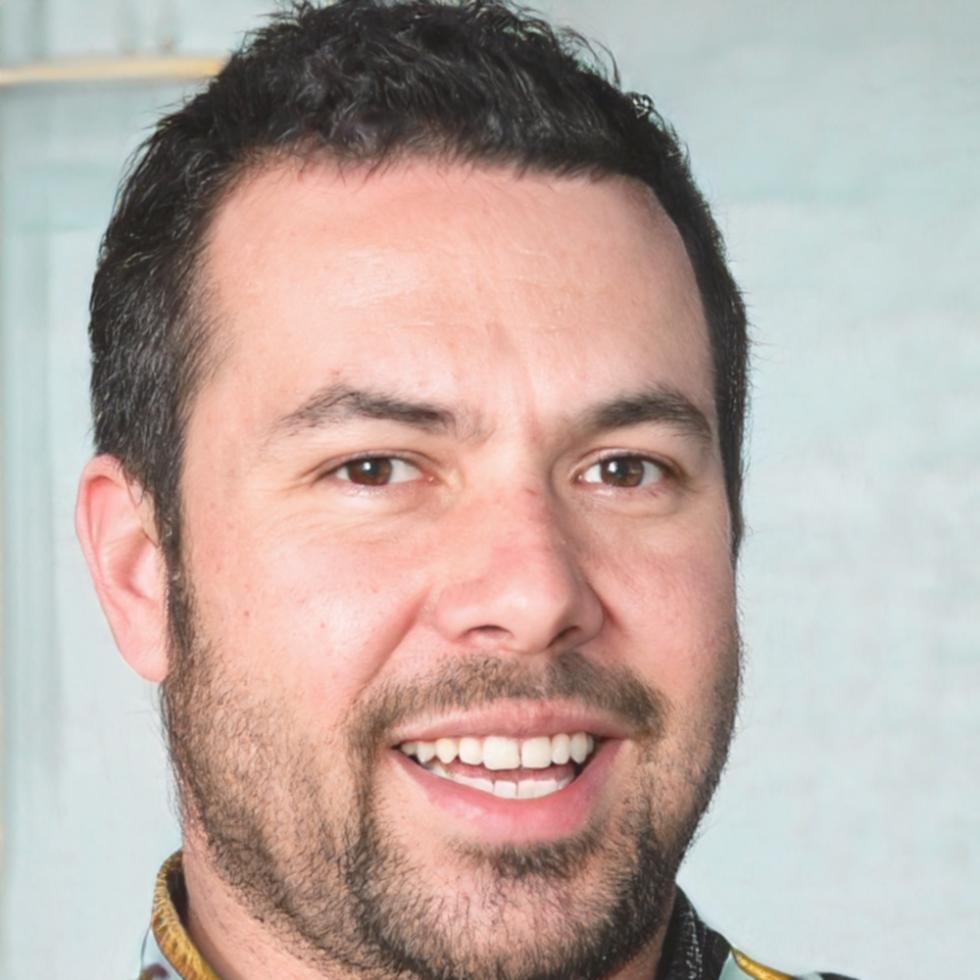Managing Money Seven Days at a Time
Most budgeting systems fail because they ask you to plan months ahead. But real life happens in weeks. Your pay cycle, your shopping trips, your weekend plans. Everything works on a seven-day rhythm, and your budget should too.
Explore Our ApproachThree Budget Zones That Actually Work
Your Fixed Costs
Rent, utilities, insurance. The expenses that don't change week to week. We help you break these down into weekly amounts so they stop feeling overwhelming. And you'll know exactly how much is spoken for before you start planning anything else.
Weekly Variables
Groceries, fuel, coffee runs. The spending that shifts but happens every week. This is where most people lose track. We give you simple methods to estimate, track, and adjust these amounts without spreadsheets or guilt.
Buffer Building
The amount that stays put. Not for emergencies in six months, but for the unexpected bill next Thursday. Weekly budgeting means you're always building this buffer one week at a time, making it actually achievable instead of aspirational.
How Your First Month Unfolds
Week One
You map out your fixed costs and see what's actually left. Most people are surprised by this number. It's usually more than they thought.
Week Two
Track your variable spending without judgment. Just observe. You're gathering data about your real patterns, not trying to fix everything at once.
Week Three
Make one adjustment based on what you learned. Maybe you batch grocery trips or shift when you fill up the car. Small changes, real impact.
Week Four
Set your buffer amount. Even if it's twenty dollars. You've built the habit, and now you're building the safety net one week at a time.

Why Weekly Makes Sense for Australian Households
Fortnightly pay is standard here, which means you're already thinking in two-week blocks. But expenses don't wait for payday. Your weekly budget creates a rhythm that matches how you actually spend, not how employers schedule payments.
- See exactly where you stand every Monday morning
- Adjust quickly when the power bill arrives early
- Know if you can afford Friday night takeaway before Thursday
- Build savings in amounts that feel possible, not painful
The courses we run starting September 2025 teach this system in detail. But the basic principle is simple: shorter cycles mean faster corrections and less stress.
Learn About Our MethodsReal Situations We Address

Irregular Income Patterns
Shift workers, casual employees, small business owners. When your income changes week to week, monthly budgets become guesswork. We show you how to budget with the money you have right now, not what you hope will arrive.

Multiple Account Confusion
Joint accounts, personal accounts, savings buckets. The more places your money sits, the harder it gets to know your real position. Weekly budgeting simplifies this by focusing on available funds, wherever they happen to be sitting.

Impulse Spending Spirals
That Wednesday afternoon online order that seemed fine at the time. Weekly check-ins mean you catch these patterns quickly, before they compound into monthly regret. You're course-correcting in days, not discovering problems weeks later.

Goal Fatigue and Giving Up
Month-long budget periods mean if you mess up in week two, you feel like you've failed the whole month. Weekly resets change this completely. Every Monday is a fresh start, which turns out to matter more than any spreadsheet formula.
From Someone Who Actually Uses This

Finnegan Aldridge
Delivery driver, Gold Coast
I tried every budgeting app out there. They all wanted me to categorize everything and set monthly targets. But my income changes every week depending on how many shifts I get. This weekly approach finally made sense because I could adjust in real time. If I had a slow week, I knew by Friday, not at the end of the month when it was too late to do anything about it.
Start Your First Week Properly
Our next program begins in October 2025. Over six weeks, you'll build a budgeting system that actually fits your life. Not theory, not templates. Just practical methods that work with irregular income, unexpected expenses, and the reality of living in Australia in 2025.
Get Program Details